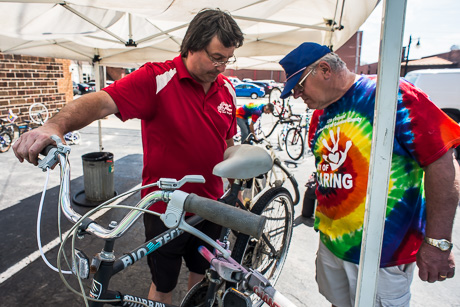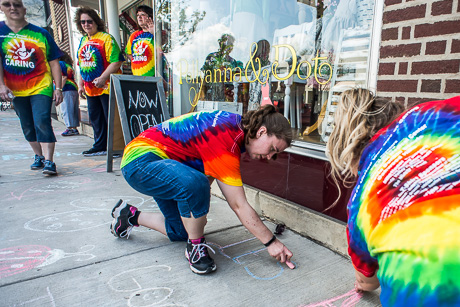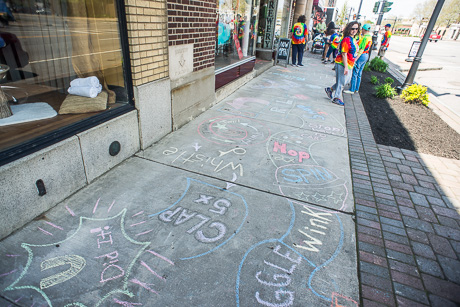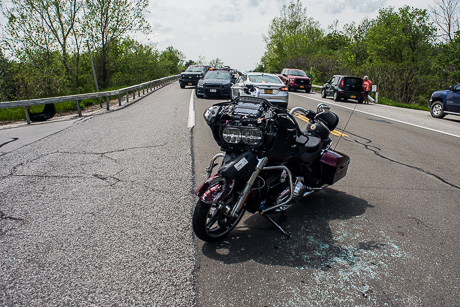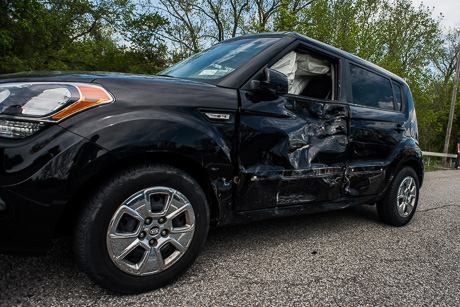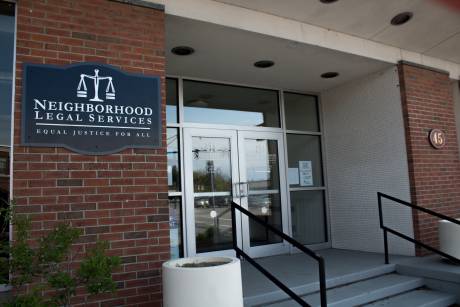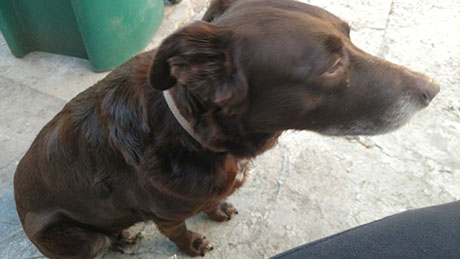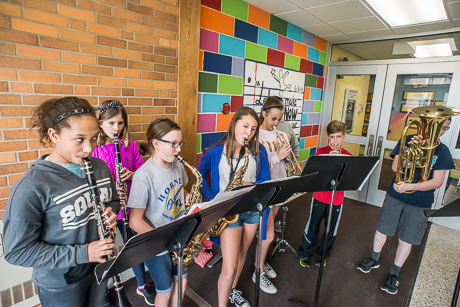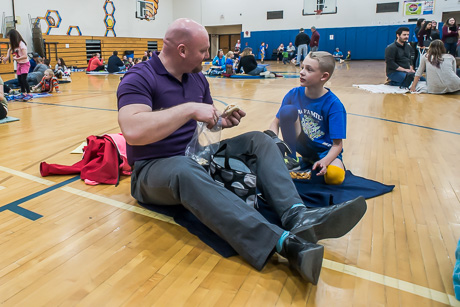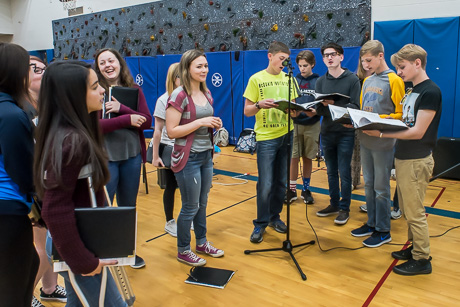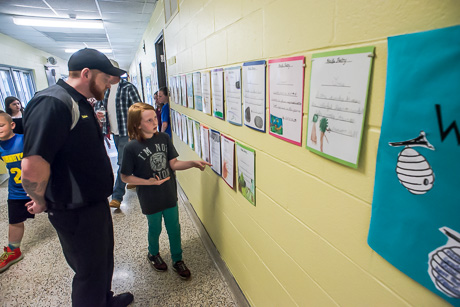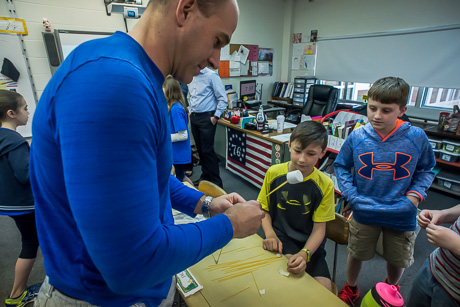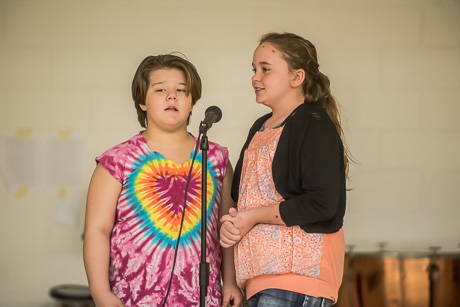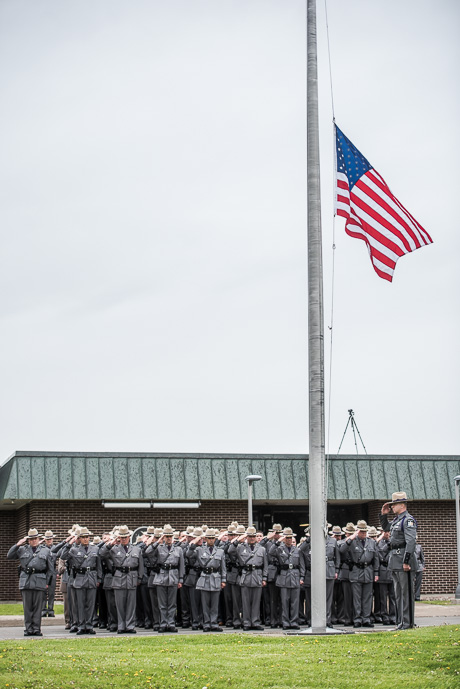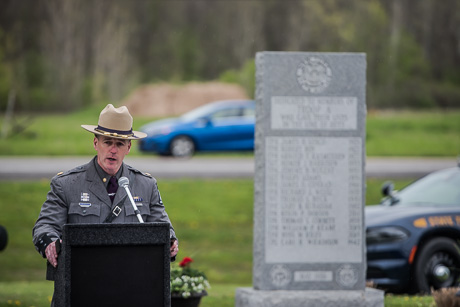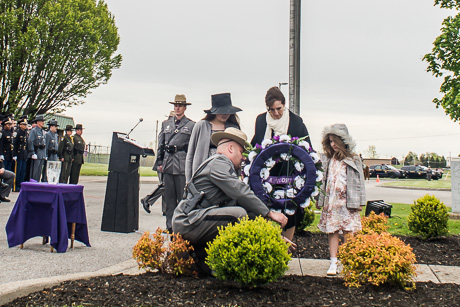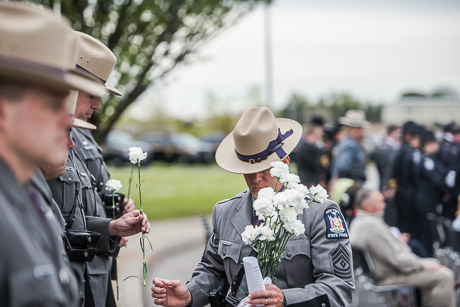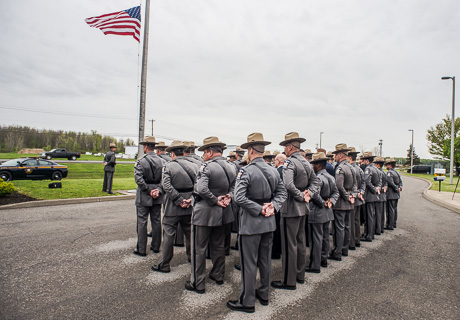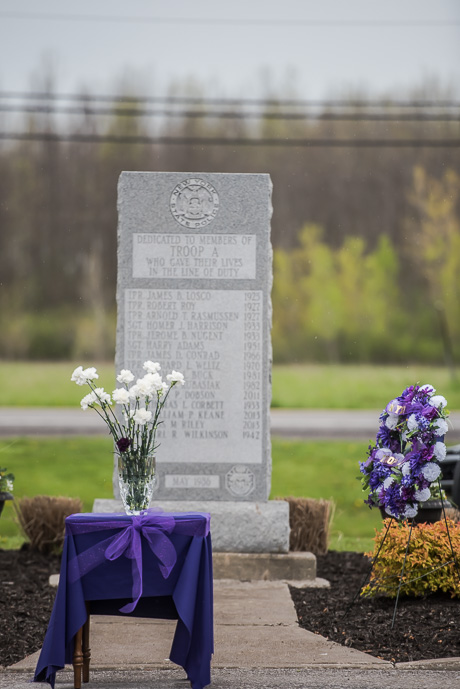Local DA assigned to case of two Orleans County deputies accused of working for private company while on taxpayers' clock
Today it was announced that Genesee County District Attorney Lawrence Friedman has been assigned to be the Special Prosecutor in the case of two Orleans County Sheriff's deputies charged with crimes related to working for a private company while clocked in for law enforcement duties.
State Police Troop A in Batavia announced the arrest today of Orleans County Sheriff's Sgt. Dean Covis, of Albion, and Deputy Thomas Marano, of Brockport. Each is charged with one count of third-degree grand larceny and one count of first degree falsifying business records.
An investigation conducted by the New York State Police Major Crimes unit allegedly revealed that between November 2013 and January 2015, Sgt. Covis and Deputy Marano received payments from a private company they worked security for, after filing false time sheets, when in fact they were simultaneously working at the Orleans County Sheriff’s Office.
Covis and Marano were arraigned before Niagara County Court Judge Sara Sheldon in the Orleans County Court then released on their own recognizance.
In an interview with WBTA, Friedman said when asked how the case came to light "People apparently heard this was going on and reported it...I do not know for certain when the allegations were first made, but it has only been in the last few months that the State Police got involved and conducted their investigation."
Friedman said it's not illegal to work a second job when you are not working for the Sheriff's Office; but being paid for working in law enforcement while actually doing security detail for a private company is.
The company the defendants allegedly worked 12-hour security shifts for is Brookfield Renewable Energy Partners, which operates Waterport Dam in the Town of Carlton in Orleans County.
The DA said additional charges are possible.
"I'm thinking, specifically, the grand larceny charge would be one count, encompassing the entire relevant period of time," Friedman said. "Falsifyinging business records -- only one count was filed, but it could be multiple counts, one for each of the records that is alleged to have been falsfied."








